
Last week, the news broke that the Saudi Arabian city project Qiddiya had acquired an American talent management and brand consulting firm called RTS. Now, you may not have heard of RTS, but you may have heard of the video game event it co-owns: Evo.
Evo, the largest fighting game tournament in the world, is now owned in-part by the Saudi Arabian government. This government, criticised heavily for its human rights record, has brought the jewel of the fighting game community into its ever-growing sportswashing venture.
The reaction was loud and largely negative in the wake of this announcement, with a wave of fighting game fans and professionals decrying the move, pledging to never attend an Evo again, and urging others to focus their interest and money towards community-owned grassroots events. But will this manifest in reality, or remain just a topic-of-the-week on social media? To find out, I reached out to those who've dedicated a chunk of their lives to the genre to find out if the sentiment to go back to basics is real.
"I fully expected it - it was a little sooner than I thought it would - but at some point it was bound to happen" says Jack "Kenno" Kenwright, a UK-based commentator. He continued by pointing to other games and the growing Saudi government presence there: "Rocket League, League of Legends, Counter Strike… All these games have already been largely assimilated. They're being supported by certain companies that some people might have issues with, some people might not care about, and some people might be fine with. That's been going on for ages and eventually it was going to come to the FGC. It's the monkey's paw isn't it? People want a cheaper event with higher budgets and prize pools and it's like, well, you got it!"
Laura "Femshep" Genn, an up-and-coming competitive Street Fighter 6 player, echoed this lack of shock: "It was never going to stop at the Esports World Cup. You don't pour that kind of money into something and decide, we're good. We don't need any more opportunities to present the messages that EWC is putting out there politically. I'm a bit of a chronic optimist so I had hoped it would have been at least a bit less overt for a while longer."
While some like Kenwright and Genn saw this coming and were prepared with pre-existing opinions on the matter of Saudi Arabian sportswashing, others had the recent acquisition act as a push to educate themselves. People like Tekken content creator and coach Stephen "Speedkicks" Stafford, whose reservations lie in the general concern around governmental involvement rather than specific concerns around Saudi Arabia.
"I'm not personally into doing events affiliated with governments, regardless of what government it is. I'm not prosecuting any specific government, I just don't think we should be doing politically-enforced events. After looking into what the Saudi government has been doing and the WWE events there I was like, I don't like this as the future of fighting games. I don't think there's any specific nation where I'd be happy if they bought Evo."
"At least with the rich guys who came in in FGC money-pumps past, who were like I'm gonna own this or buy this, they see no return and they leave. We know what they're here to do - they're here to make money. They may be misguided, as long as they believe they can make money, we take their money and that's great for us! We get this money pump event and move on. But when it's a government-funded event it's different - their interest doesn't have to be profit. And here there's an interest beside money."
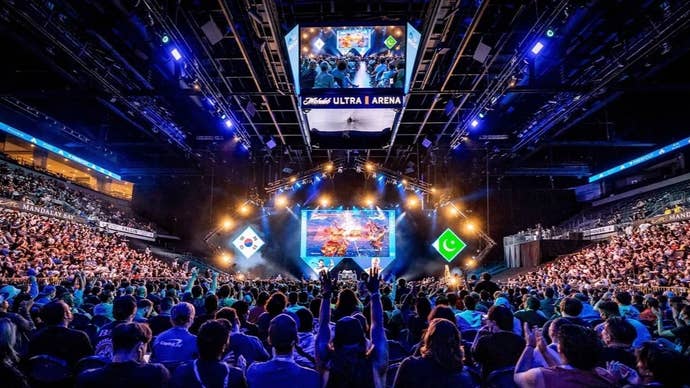
With all this in mind the big question is clear: would these people with aspirations and careers tied to fighting games attend Evo now that it's under this controversial new management? The answers varied, but all believed that a refocus on community-led grassroots events was the best path forward.
Stafford expressed that for him, this is where the line is: "Other people are looking at it from a more moral disagreement side, they don't want any association and that's where they draw their line. For me it's about the health of the scene, I want it to thrive. When EWC was just a motivator that got people to play and got them money and sponsors, that was fine. Now, the hard ownership of the most prestigious open-bracket tournament… I don't know what their plan is but we know the agenda is they're selling this city. We're in their hands now."
For Kenwright, he'd still likely go if offered a commentary job at Evo, but would prefer to attend other US-events first: "I think at the moment it hasn't changed my perspective of Evo, because I already would rather go to other events like Combo Breaker, Texas Showdown, CEOtaku etc. I would rather go to them first before I fully ingest myself into Evo as I've never experienced the American scene. It's still second priority.
"As for working for Evo, it's still a goal, it will always be a goal, but obviously it's one that I'm a little bit more hesitant about now as I have a lot of friends in the Guilty Gear Strive and Granblue scenes who look at it another way. Obviously my goals are my goals and they won't be affected by other people, but if you go to those events and to certain places it's… you're essentially saying your stance when you take those roles. But, if I was still called up for work, I'd probably still go."
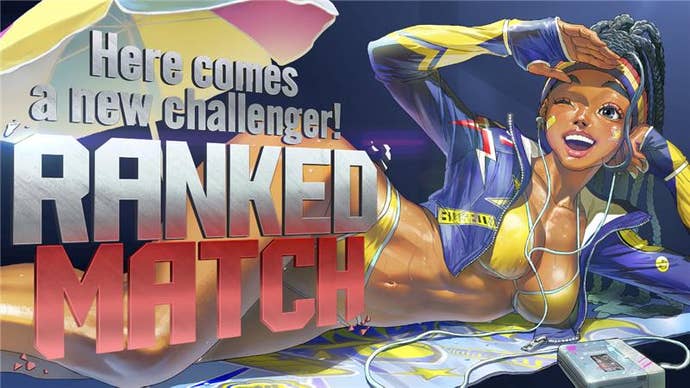
Genn is certain that they wouldn't feel comfortable going to Evo, even if they believe that the event will remain an enjoyable experience for the average attendee. "Right now I don't think I would feel comfortable going back to Evo. I don't expect the event to change in any significant way in terms of attendee experience. I had a lovely time this year just like I did at every major I attend, and had a lovely time. If anything, with more money coming in the production quality might improve. But I don't think that amount of money coming in will happen if Evo isn't playing the same ads and messaging, social media posts, and the same lines in interviews as has been said at the EWC.
"With the EWC there's a glaring absence of women, I'm sure there are some, but not as many as I've seen in other places. There are no visibly queer people at all because the message they sent when asked if people would be safe attending the EWC is to respect their laws. Those laws, whether or not they're always enforced, are if you are visibly queer you can be put to death. The implication being 'just play the game, and don't be visibly queer in any way'."
"I already would rather go to other events like Combo Breaker, Texas Showdown, or CEOtaku."
So what will happen now? Unfortunately, from the perspective of those interviewed, a sizable portion of the playerbase who wish to continue chasing a career in the fighting game space has little choice but to swallow any disdain they might have. As Stafford put it: "The most annoying thing about this is it's clearly designed to be successful. Fighting games were just at the point where people could escape their livelihood, but not at the point where people could boycott certain big events. They aren't receiving a salary if they aren't attending Evo, EWC, to do all that stuff. Aside from the prize pools, they just wouldn't be in the money-making ecosystem. So they got us! It's not reasonable to expect top players to take a moral stand when they have to eat."
Genn also acknowledges the tricky situation, but believes what's key at this point is honest conversations around what has happened and why it's happening: "People need to be able to come to their own conclusions on what decision they'd like to make in light of their personal ethics, and what they would like their money to support. If you decide the best thing to do is to be involved, loud, and visible? Okay! If you decide like me you don't want to be at an event funded by that source? Okay! But let's not pretend that's not where the money is coming from, or there aren't legitimate concerns.
"It is becoming increasingly impossible to engage in the serious competitive part of the FGC in a prolonged capacity without being willing to participate in the EWC. If only because the large sponsorships that fund your ability to attend large tournaments are funding you because they anticipate you attending the EWC, and they want their brand there. I understand that not every player can say I'm not going to attend this as it would functionally be the end of their career, and I don't think it's our place to make that call for everybody. But likewise I do think it's moral cowardice to parrot phrases like 'there's no ethical consumption under capitalism' as a shield for decisions we make."
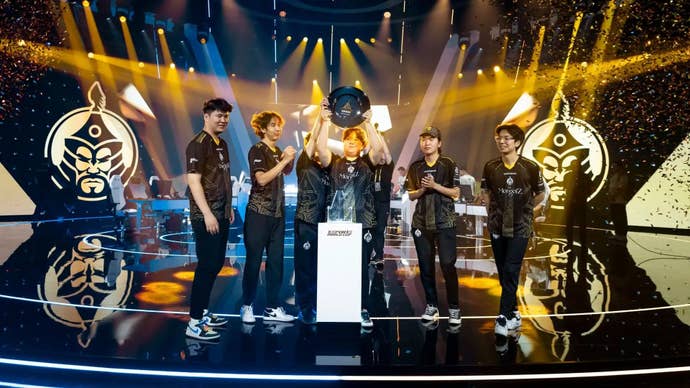
For Kenwright, Genn, and Stafford, what's crucial now is to support local events that lack that murky governmental conundrum, to refocus on what built up the scene into what it was in the first place - community run events where money takes second place to the social and competitive experience.
"If you do have trouble with this news, don't just show it on Twitter by making a quick post, show it by supporting your locals," stated Kenwright. "Supporting a place where you feel safe, or just somewhere you know you'll enjoy. My stance will always be: put your money where your mouth is."
"The coolest thing about the FGC in my opinion is that we're on the smaller side of esports, but if you were to remove esports things like the potential to get paid, to get famous… Fighting games would probably have the most players left over," stated Stafford. "You'll have the most players willing to show up for no money, just to have a good time with some cool people."
Stafford continued: "With fighting games it's important we still protect that. So in my mind, I won't be associated with those bigger clout events. Anything EWC affiliated, EWC-partnered events like Combo Breaker, CEO. I won't be restreaming or talking about them on my platform at all. We'll still have a good time as we revert to more FGC and less esports. I want people to know there's still an avenue for that experience that isn't giant esports Saudi Arabian tournaments.
I won't be restreaming or talking about them on my platform at all.
"That way, in a few years if Saudi Arabia gets bored and the community has been a great means-to-an-end, their city is huge and they don't need fighting games, the FGC will survive."
For Genn, now's the time for people to go out and support their local communities. Failing that, it's time to start your own. "The majority of people have a local they can go to, that they've never attended. And if there isn't, they can start one. There are all kinds of amazing events at a small scale. The heart of the FGC is a local where you and your friends are there for the love of the game. It's called the fighting game community, not the fighting game prize pot. It's always been about the people. The best way to show we value the prize pot is to recognise there's value to be found in an event where you win and get $20 or less."


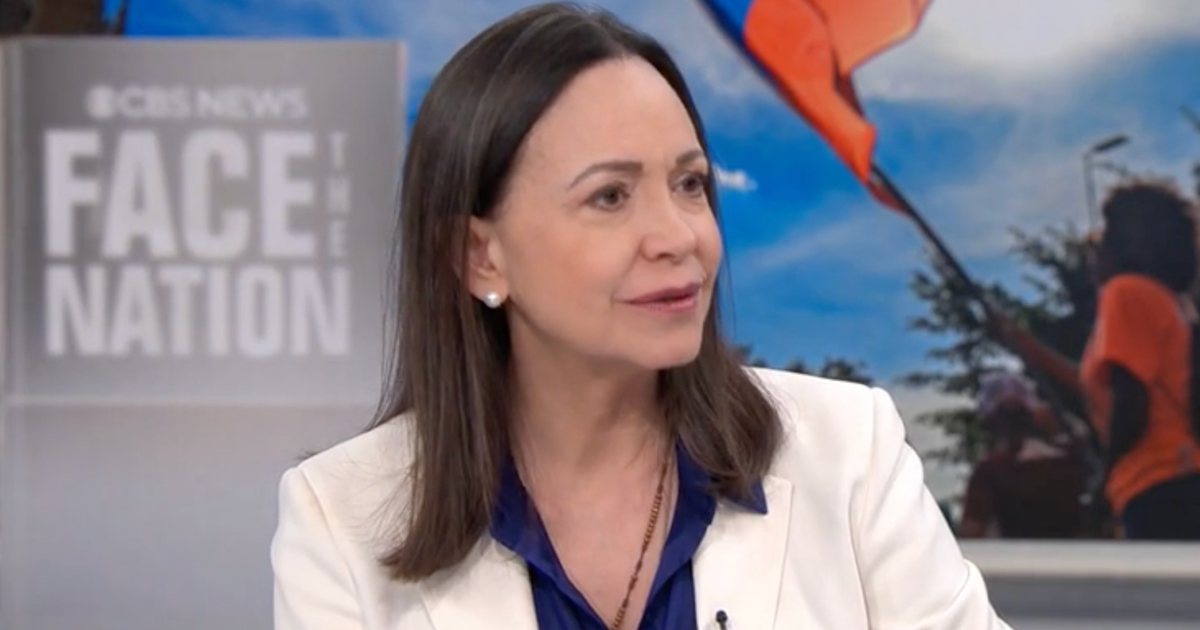

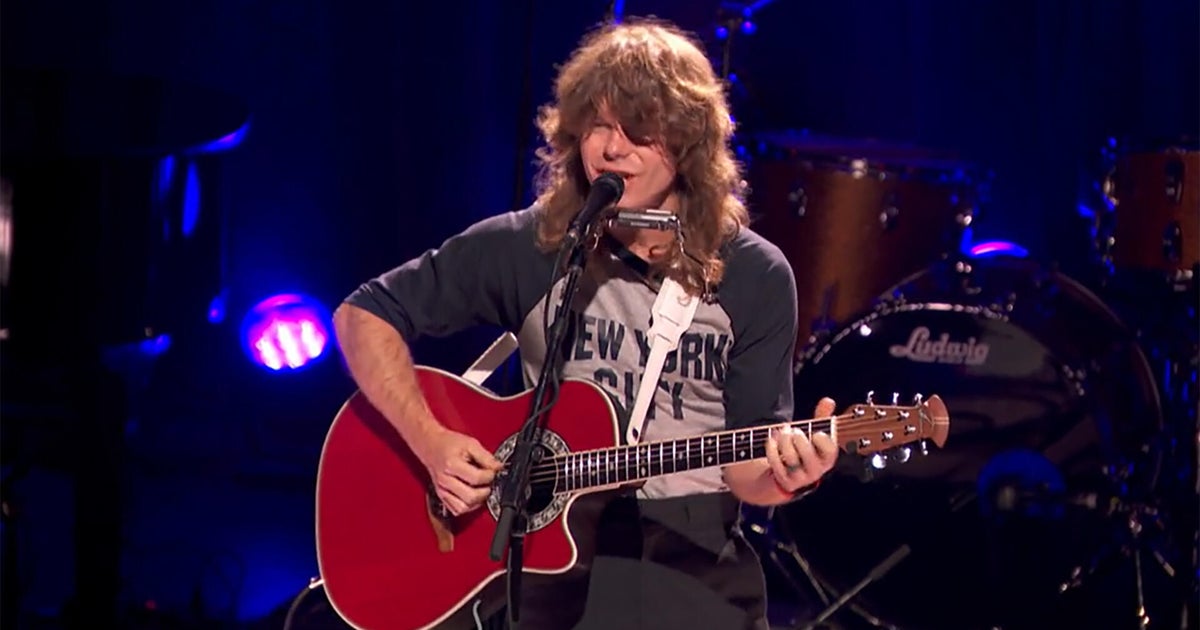


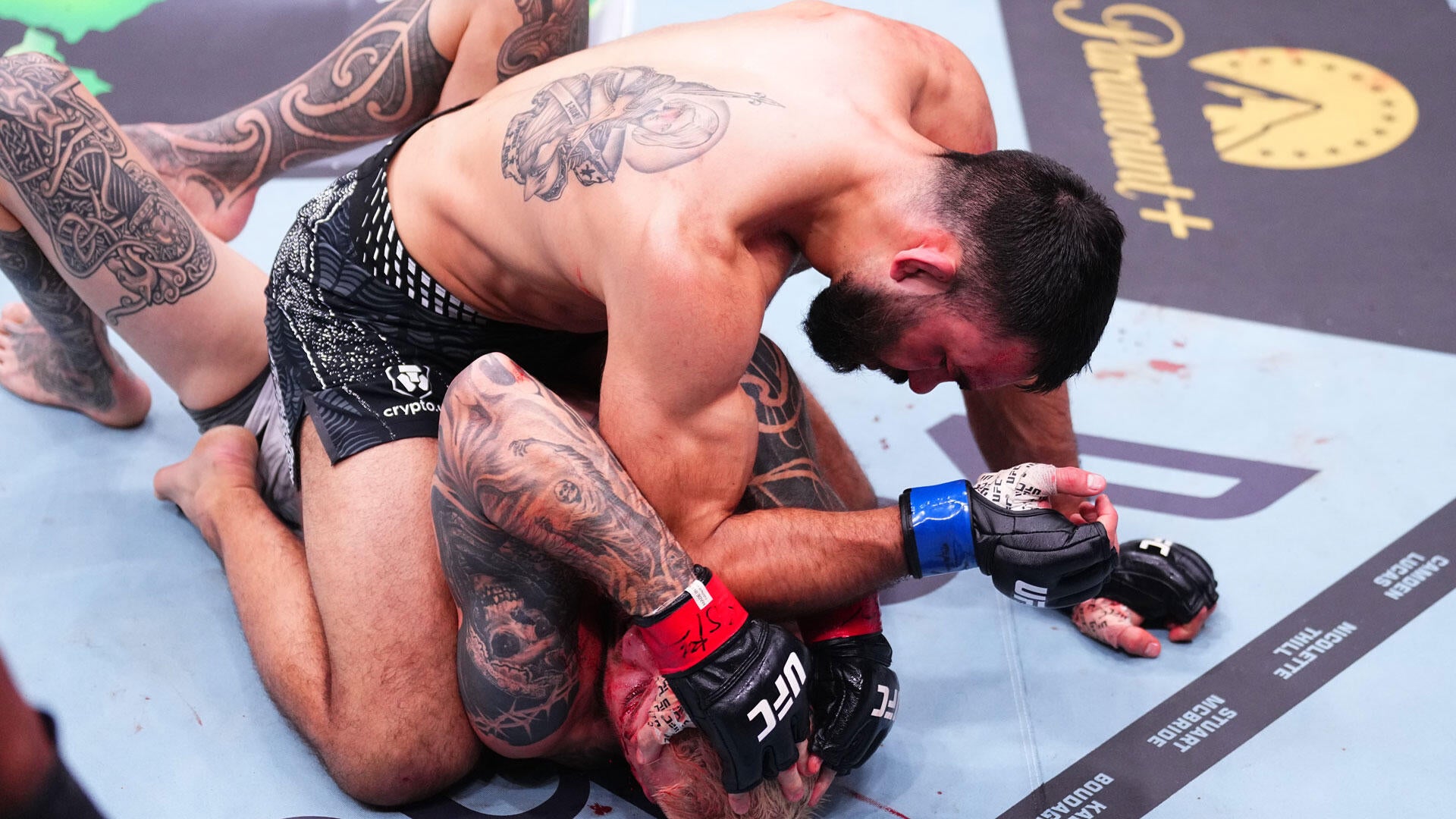
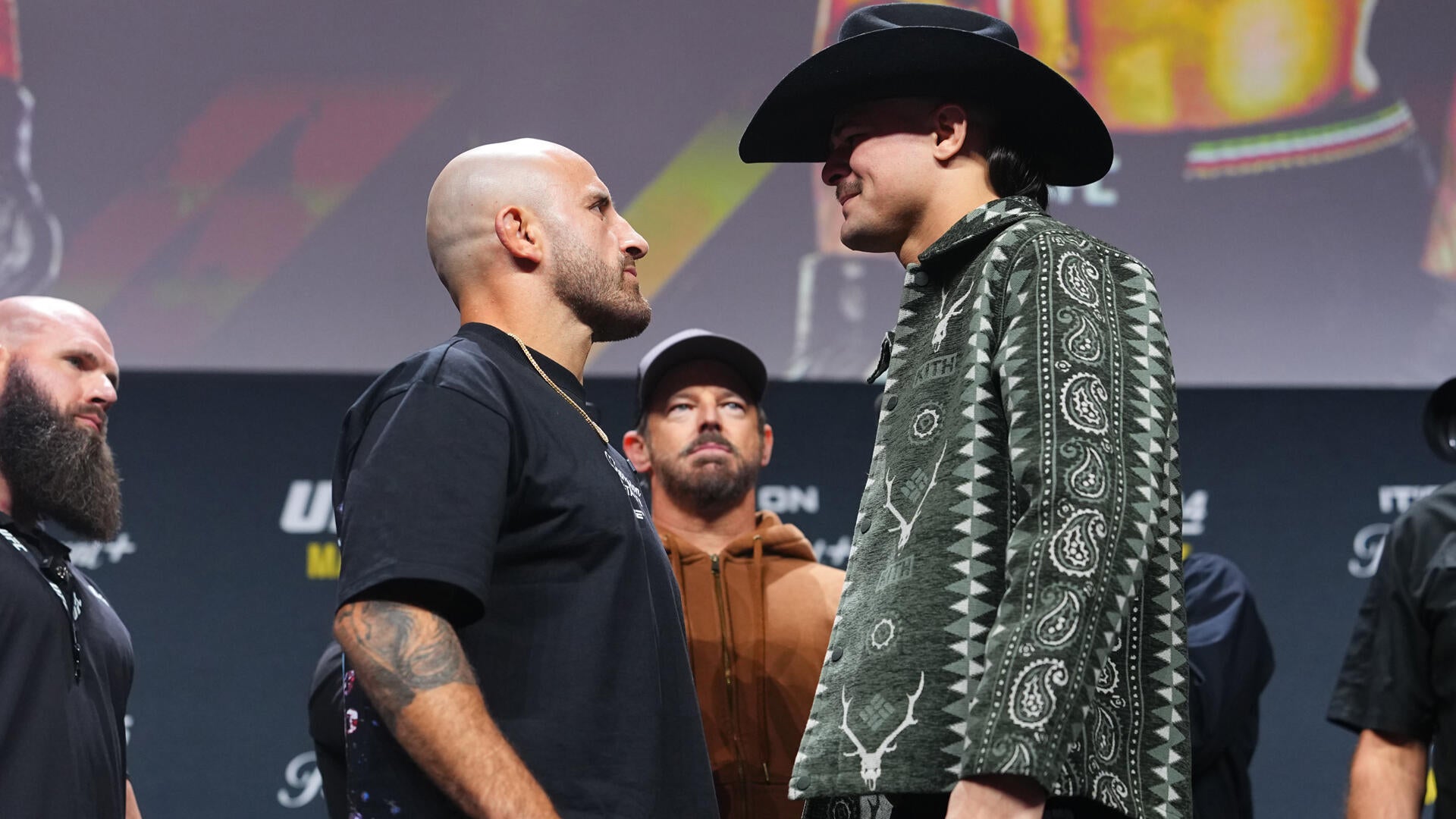
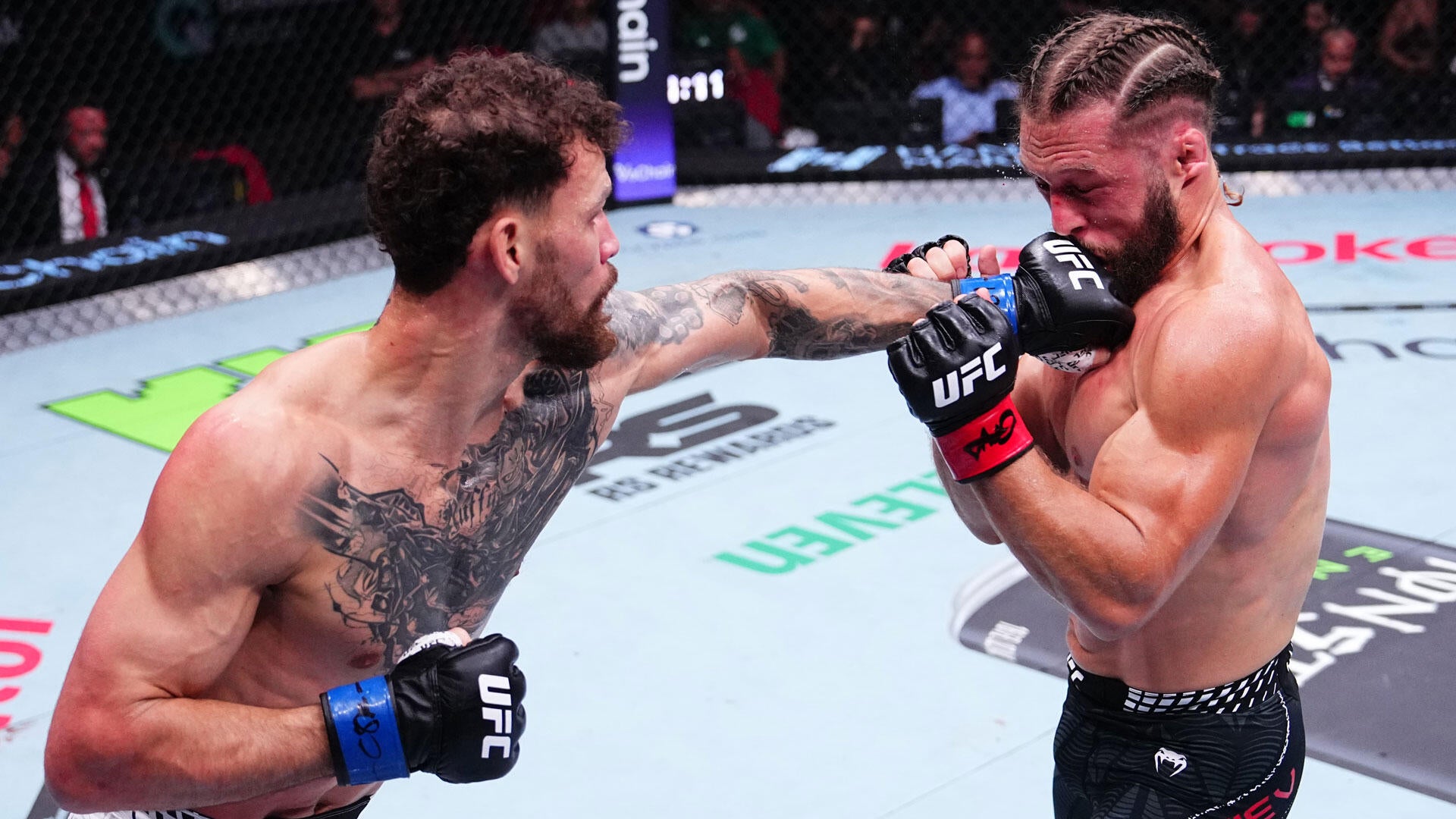

-3.png)



